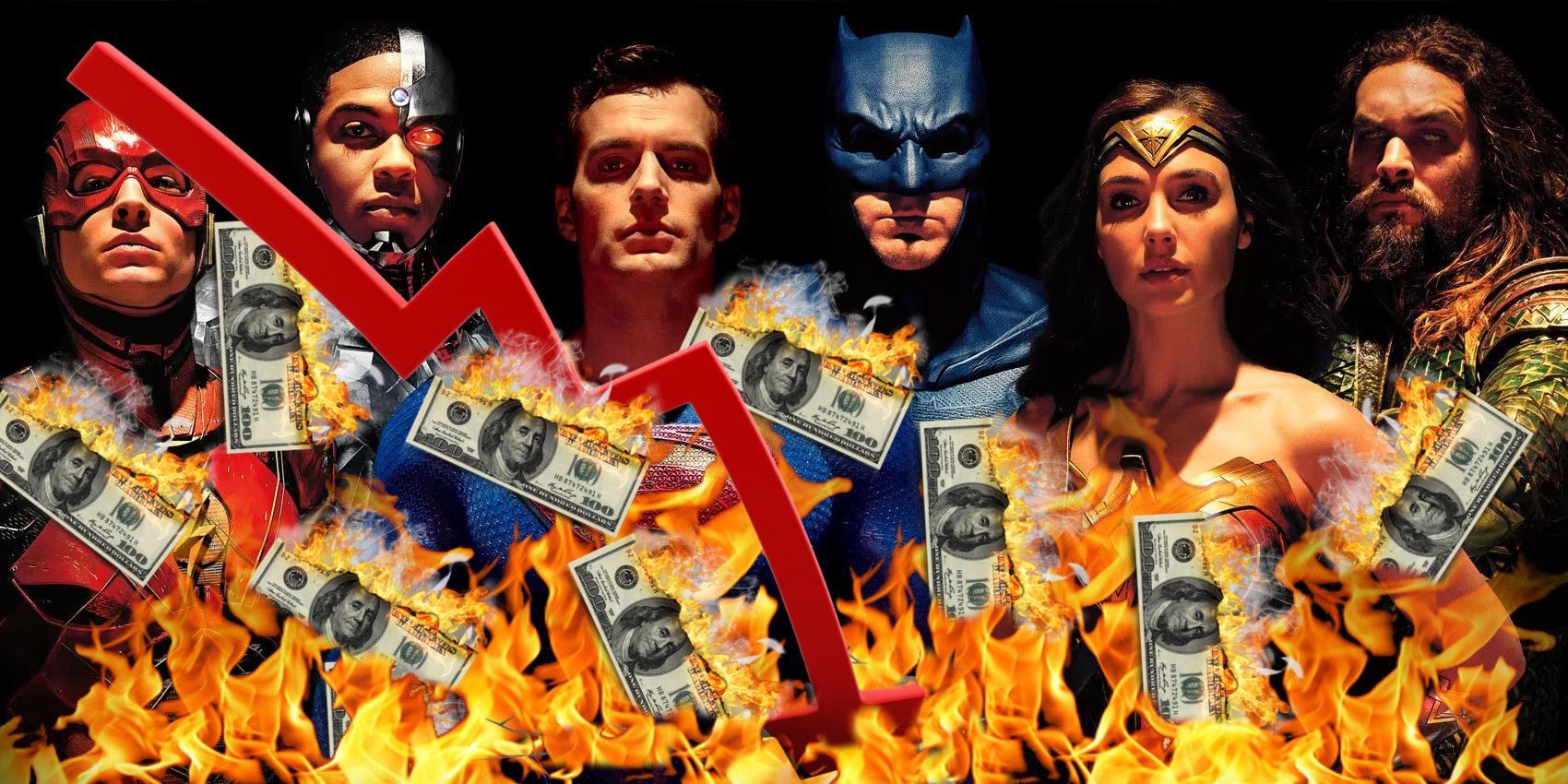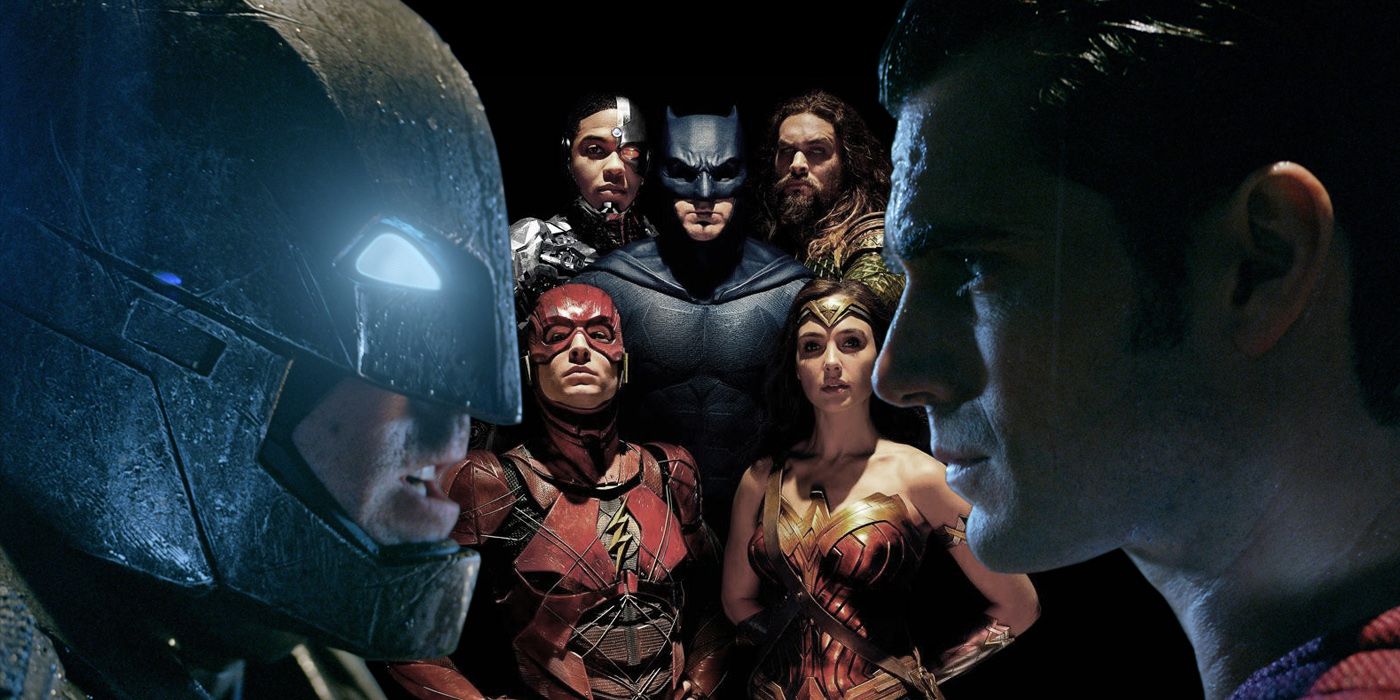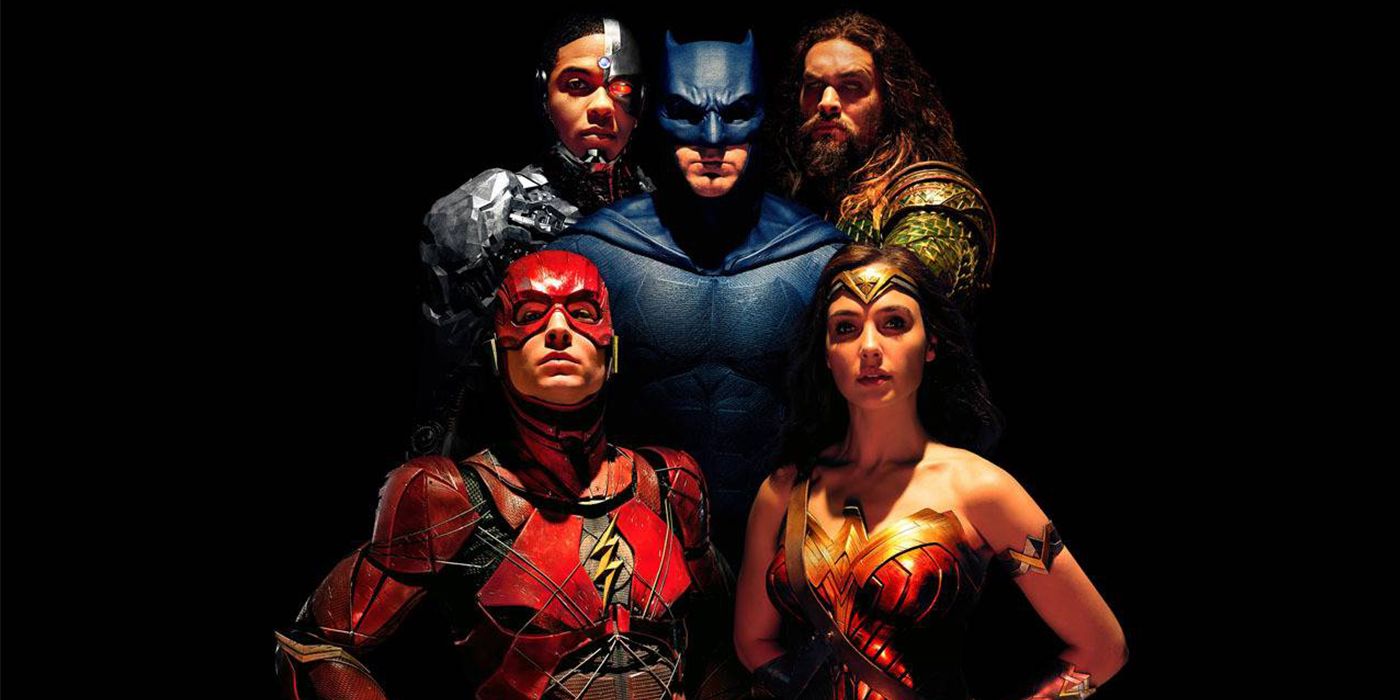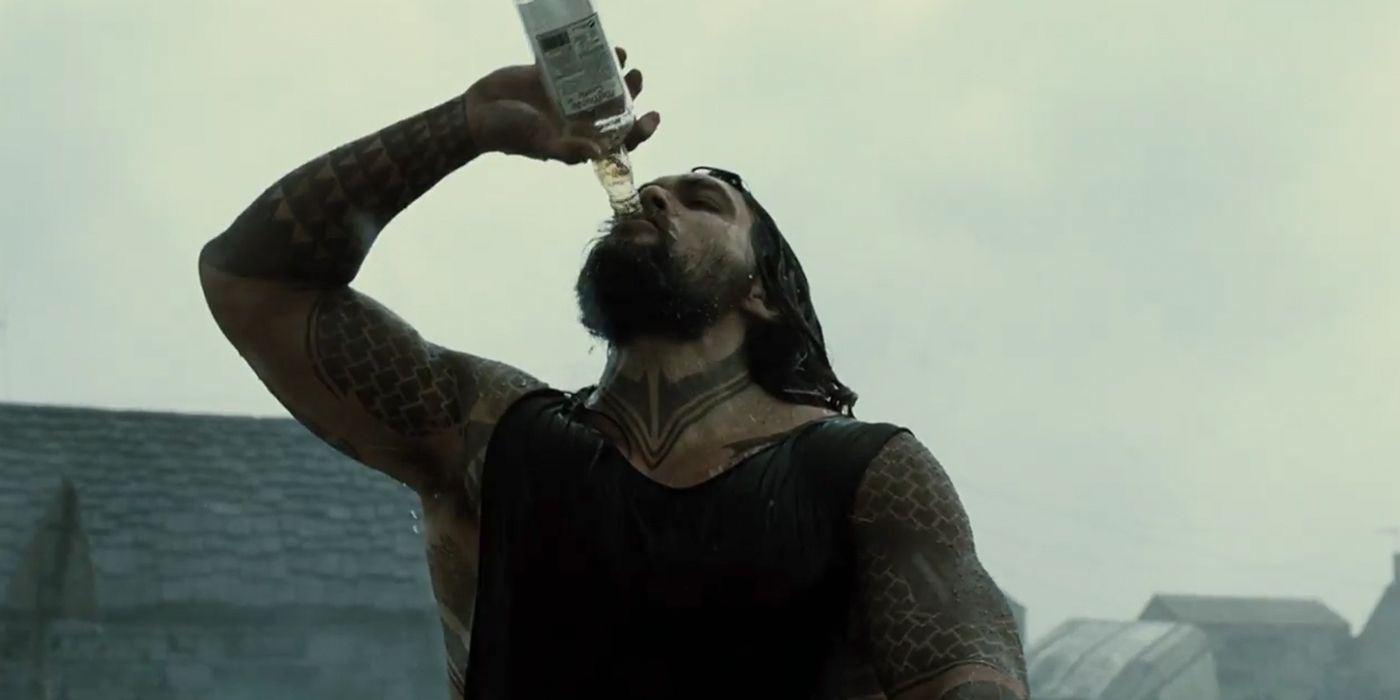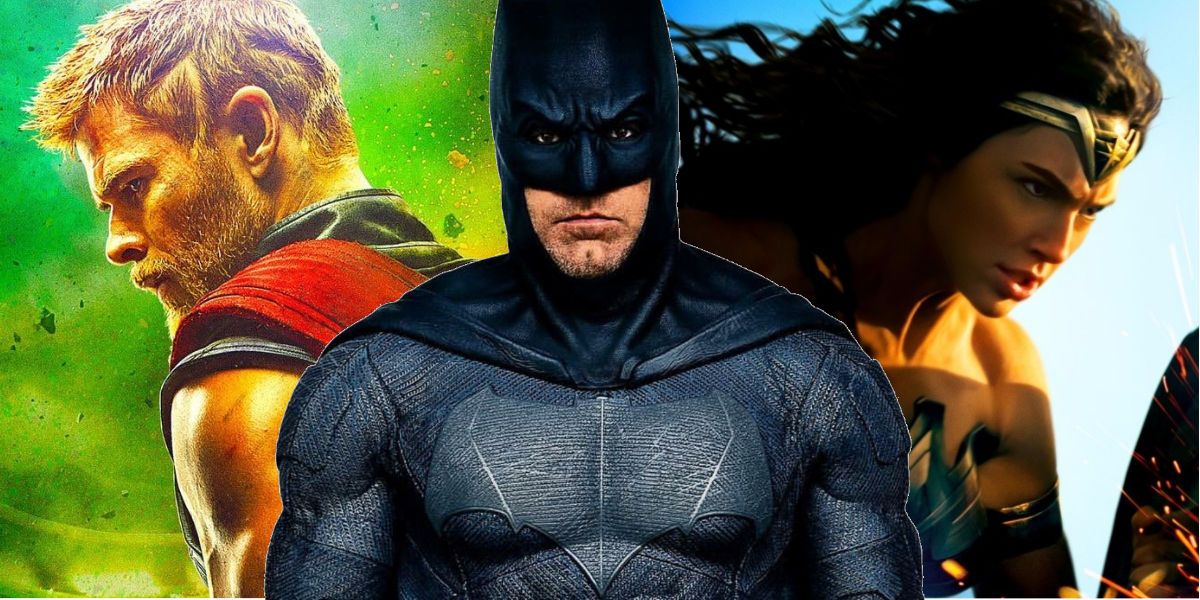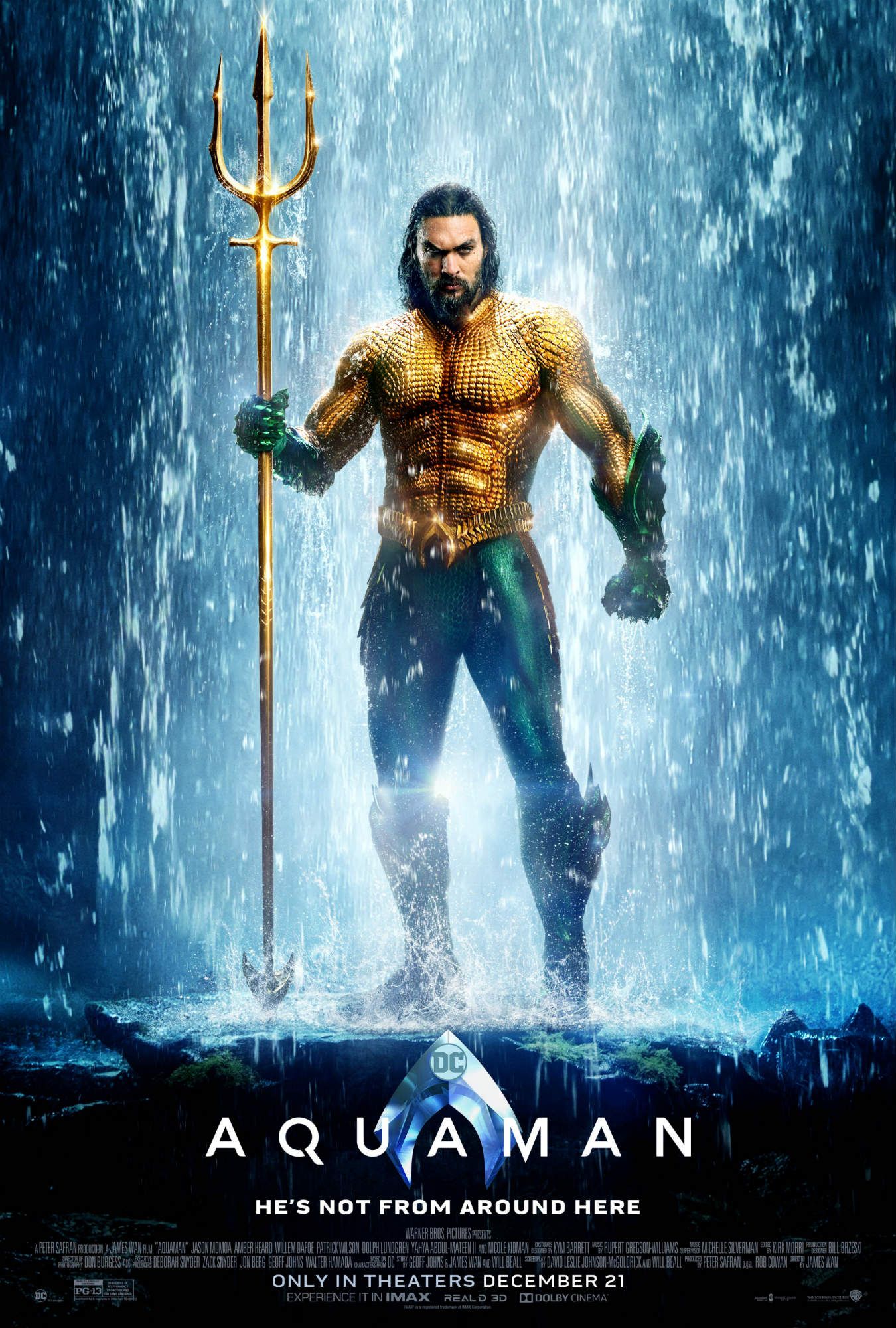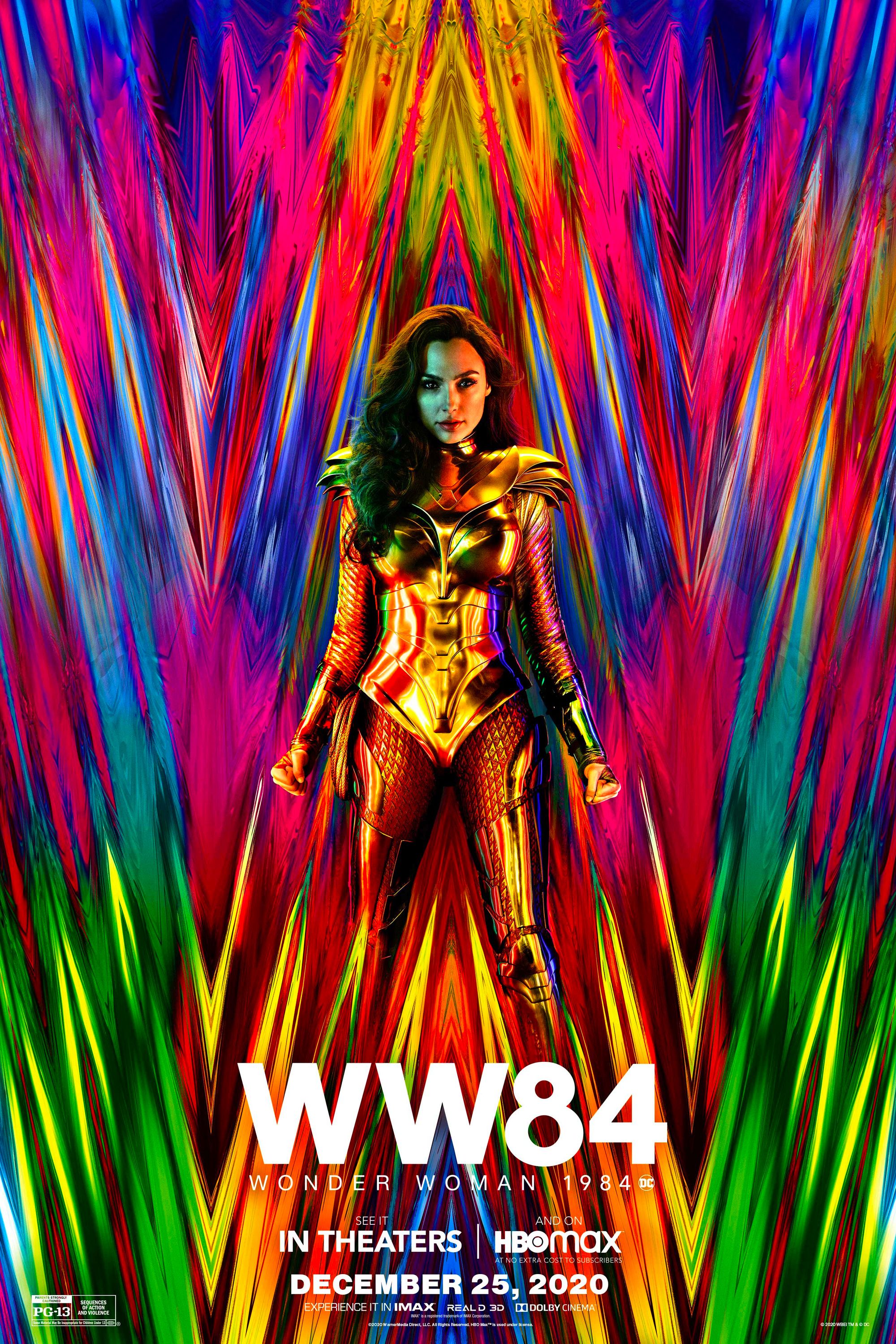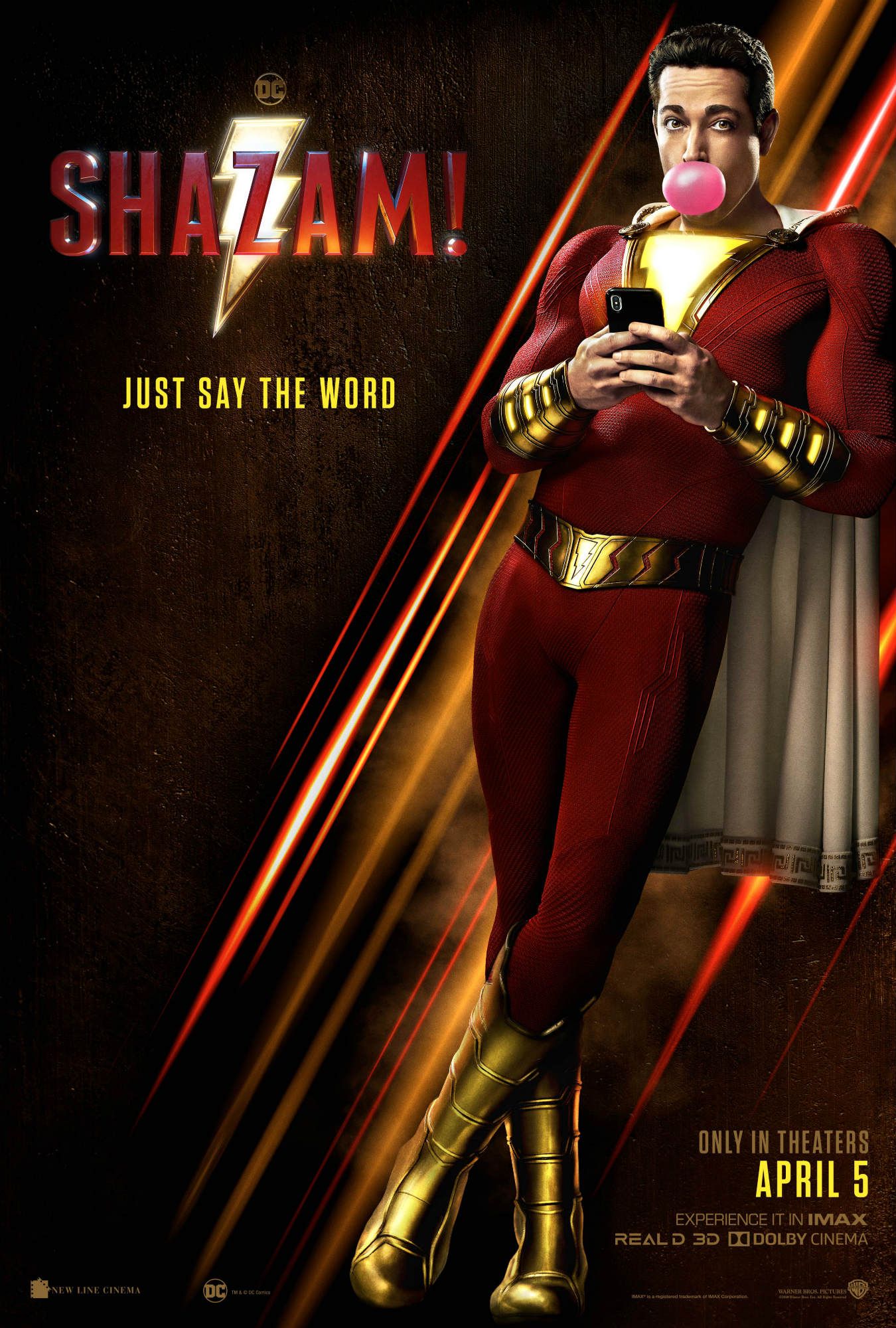Well, Justice League is finally here, and it's not what anyone expected. While critical predictions are always a point of contention in the DC Extended Universe, all the movies have at least been able to make money, until Justice League, which scored a measly opening weekend haul under $94 million. Justice League was supposed to be the pinnacle of the DCEU, bringing the whole team together in live action for the first time and scoring big at the box office, but instead, it has the lowest opening weekend in the franchise, coming in more than $20 million under Man of Steel.While the second week's take only dropped by 56% - a fairly reasonable number considering much higher drops in other DC movies - it's not enough to make much of a difference after such an abysmal opening weekend. Justice League could have the best legs seen in the DCEU yet and it'll still be the lowest grossing movie in the franchise. An inexcusable failure, considering its increase in star power and a budget upwards of $300 million. At this point, there's debate over whether or not the movie will even make a profit, but even if it manages to crawl past the break-even point, that hardly gives the movie any kind of bragging rights and definitely doesn't change the fact that, somewhere along the way, Warner Bros. slipped up so bad as to allow the movie that should be their biggest of the year become the lowest grossing in the entire franchise. Its final box office haul will ultimately be several hundred million dollars below what should be expected.
Related: Justice League Proves There's No Such Thing As Too Big To Fail Filmmaking
So how did this happen? Marvel was able to put together a billion-dollar Avengers success by stringing together a few movies featuring superheroes unknown to the general moviegoing public, so how could Warner Bros. take some of the most well known fictional icons and produce a movie this financially disappointing? While there are plenty of fingers to point, there's not one clear answer, but if we take a walk down the road leading to Justice League, we can begin to piece together the origins of one of DC's biggest failures.
Minimal Character Appeal
DC characters, particularly Batman, Superman, and Wonder Woman, may have more built-in brand recognition than the B and C list characters that make up the MCU (before the addition of Spider-Man, at least), but the most recent appearances of these DC characters haven't exactly connected with mainstream audiences. Sure, Man of Steel and Batman v Superman have strong followings, but by and large, as Henry Cavill says, they are fairly niche movies for the genre, which is fine for something like Logan that has an R rating and $100 million price tag attached, but the versions of these characters intended to be the most mainstream (and therefore most accessible) came with much higher price tags and much more polarized reactions.
Wonder Woman obviously struck a chord with moviegoers and saw great reviews and a lucrative extended box office run, but she wasn't enough to overcome the weight of versions of Batman and Superman who only registered with specific fans. When comparing every DCEU movie so far, excluding Wonder Woman (the exception that proves the rule), they have all been accompanied by above average second-week box office dropoffs, meaning the combination of marketing, word of mouth, and critical reviews was lackluster enough to not get people to turn out. After enough let downs, audiences just stopped showing up in the first place.
Related: Don't Expect a Zack Snyder Cut of Justice League
The same thing can be seen with the Transformers franchise. While the Michael Bay movies have been dogged by poor critics from the start, they continued to make giant hauls at the box office, until the fifth installment, Transformers: The Last Knight, where audiences finally accepted that Michael Bay trailers are often better than Michal Bay movies and just stayed home.
Then there's the new characters. Word of mouth and critical reviews has seemingly been mostly positive on The Flash, Cyborg, and Aquaman, but not having solo movies first may have negatively impacted Justice League's box office. While the story did a great job introducing them, proving solo origins movies aren't required for every character, the lack of stand-alone movies for the new characters means the only built-in fan base are mostly comic book fans, which isn't enough to power a box office victory.
Misleading Marketing
With a polarized and disaffected fan base, Justice League's job was to get existing fans to show up and convince anyone wary of the previous movies to give it a try. Unfortunately, it only succeeded in the former, which is the much smaller group. While the final movie was significantly changed from its original tone, and the tone of its predecessors, Justice League's marketing doubled down on the darker visual aesthetic Zack Snyder is famous for, essentially broadcasting a message saying "if you didn't like the last one, ignore this one, too." Sure, there were jokes in the trailer, but Batman v Superman trailers also had jokes, and most mainstream audiences found that film to ultimately be fairly humorless.
The darker tone could be overcome by a compelling story, though, as evidenced by Logan. The problem is, the Justice League trailers were focused on selling the characters (who we've already established are either disliked or unknown) instead of the story. Hardcore fans might grasp the basic plot from reading every bit of available information about the movie, but casual audiences would have no idea what's going on before seeing the film. The fact that the movie was about heroes uniting and coming together against a bad guy was fairly obvious, but there's a million movies that follow that plot, and Justice League did nothing to stand out, aside from highlighting characters and an aesthetic that has already been roundly rejected by most audiences.
Related: How Justice League Sets Up Flashpoint
The marketing also stuck with the same general tone as Batman v Superman, despite the fact that the movie underwent a significant shift away from that. There's a lot of room for debate as to whether or not that shift made it a better movie, but it is one area that seemed consistently praised by critics and audiences, suggesting that, despite the disappointment by fans of Zack Snyder's previous work, the lighter tone was ultimately favored - however disjointed it may have come across. The problem is, that tone wasn't advertised. Suicide Squad went through a similar tonal adjustment in reshoots and post-production, and while the final product was also derided, the colorful, fun, and poppy marketing campaign did a phenomenal job filling seats in theaters to the tune of almost $40 million more than Justice League's opening weekend.
Who's to say if audiences would buy a marketing campaign like Suicide Squad's again, after all, as mentioned above, Suicide Squad's disappointment could be partly to blame for Justice League's low turnout, but at the very least there's something to be said for an honest marketing campaign. The version of the movie that was marketed was clearly Zack Snyder's, whereas the final product was missing a number of shots included in trailers and significantly lightened others, altering the higher contrast photography of Fabian Wagner into a much flatter image.
A Toxic Environment
Due to a passionate built-in fanbase and a polarizing response to most of the franchise's movies where many critics didn't hold back in savaging every aspect of the movies. The environment isn't much better between releases, with some media coverage taking a much more negative and snarky bent, triggering the outrage of some more vile segments of the fandom, and creating a self perpetuating cycle that spawns a fans vs media narrative (or, in some cases, a reality), making the coverage of DC news like navigating a minefield, especially when it comes to stories fans don't want to hear, which, incidentally, are the stories that happened to be mostly true this time around.
The problem has become so pronounced that it's even recognized outside of more geeky outlets, creating a stigma surrounding the DCEU and its fans, making any news about it a generally toxic environment. While this in and of itself might not directly suppress theater turnout, it does impact the way DC news gets covered, and when Justice League already had a hard enough time generating positive press, the added toxicity did nothing to improve perceptions of the movie before release.
Terrible Timing
Justice League may have hit theaters at one of the most inopportune moments in recent history, landing only a few weeks after the highly lauded and very successful Thor: Ragnarok, and situated only a few weeks before a guaranteed $1 billion-plus Star Wars: The Last Jedi, and hitting the same day as The Punisher on Netflix and Star Wars: Battlefront II, both excuses for Justice League's target audience to stay home.
Justice League also lands on a weekend that's historically fairly reliable in its box office draw, and the weekend as a whole actually performed fairly well overall with the weekend's total box office draw across all films actually beating the total from weekend that Thor: Ragnarok was released by about $19 million, though while Thor accounted for 68% of its opening weekend's box office, Justice League only accounted for 47% of the box office for its own opening weekend This means that people had no problem going to the theater, but they were conciously deciding to see other movies, possibly pointing back to the erosion of the DC brand mentioned in the first secion.
Related: How Does Justice League Set Up a Sequel?
Whatever the cause, there's no two ways about it, Justice League is a massive stumble in Warner Bros. efforts to roll out a DC films universe. The behind the scenes troubles make the matter even more complicated, and it's not known how well Zack Snyder's original version of the movie would have fared compared to what we got, but there's nothing to suggest it would have seen a box office bump. In fact, Snyder's name could have caused it to slump even more, considering some disgruntled fans and audience members were only interested due to Whedon's involvement.
Fortunately, it's not all doom and gloom. There are a number of things Warner Bros. can do to improve the universe, and the next three movies on DC's schedule all appear to have excellent potential. The team-up's box office disappointment will likely also extend to Aquaman, meaning the James Wan helmed solo movie featuring Jason Momoa may have to overcome some hurdles in coaxing audiences back to the theaters, but if the movie turns out as good as it seems and if David F. Sandberg's patent lighthearted humor can bring success to Shazam, then that means Patty Jenkins' Wonder Woman 2 will be following the first back to back critical successes of the DCEU. Throw Matt Reeves' The Batman in the mix along with the potential Gavin O'Connor Suicide Squad 2 and Gareth Evans Deathstroke and, in just a few years, the DCEU could be a vastly different landscape than it is today.

